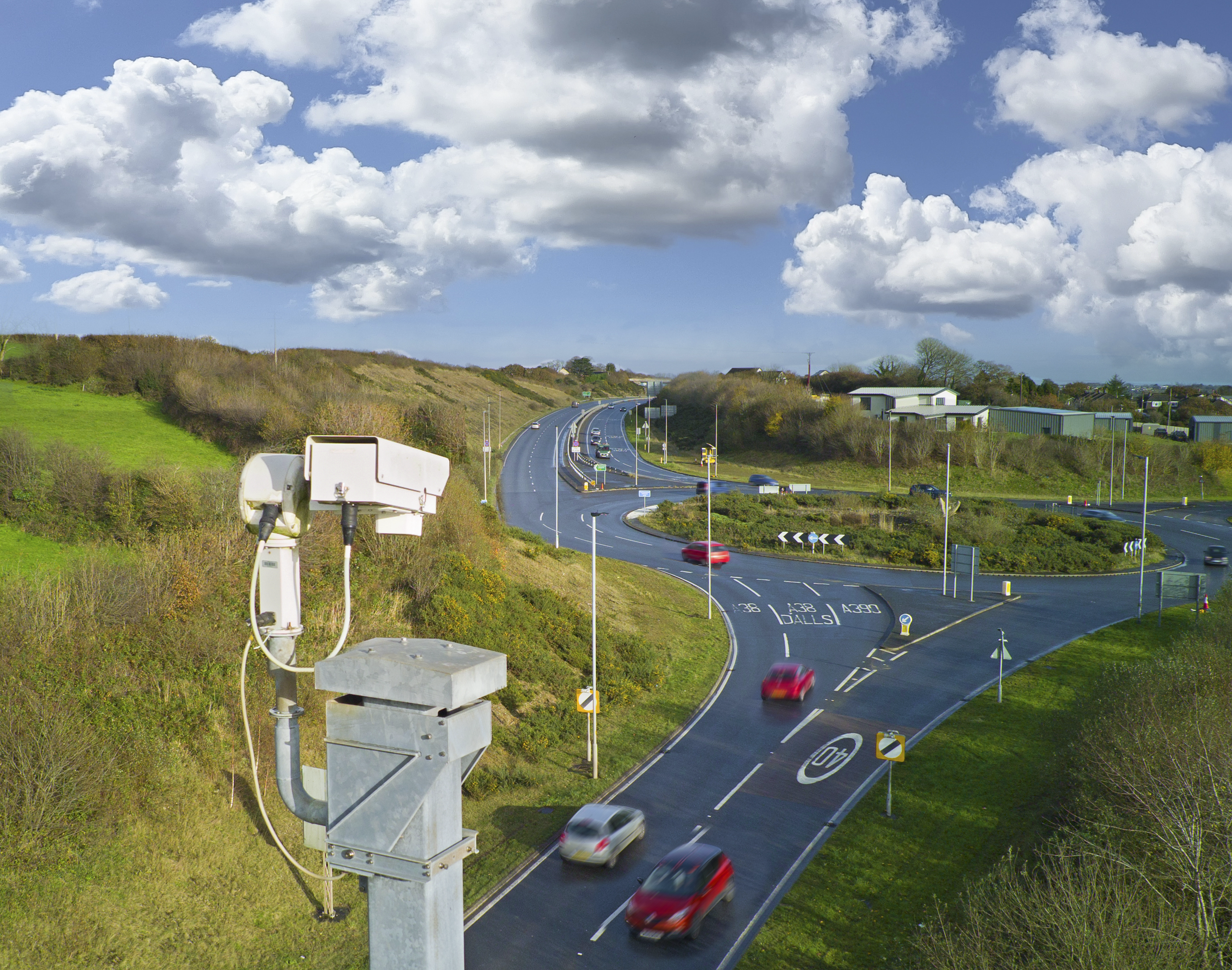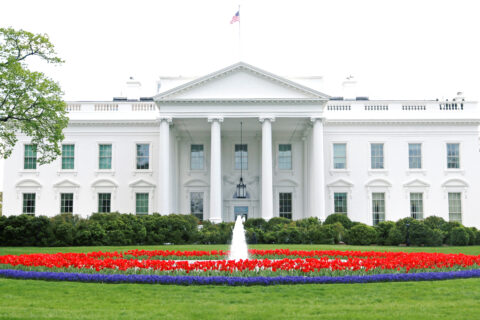By Garrett Langley, Founder and CEO of Flock Safety
Law enforcement agencies report that public safety technologies are critical to solving crime — but how do the communities they serve feel about this technology?
Five representative surveys of residents in diverse metropolitan areas — Nashville, TN; Lexington, KY; Tampa, FL; Atlanta, GA; and Columbus, OH — reveal a resounding endorsement of License Plate Recognition (LPR) camera technology. The surveys provide insights for city leadership on how to implement this technology to enhance public safety.
Understanding License Plate Recognition Technology
License Plate Recognition (LPR) cameras combine highly calibrated cameras, optical character recognition (OCR), and machine learning algorithms to identify and categorize license plates and vehicle characteristics like make and color. These motion-activated cameras capture license plate numbers, location, date, and time – objective, actionable evidence.
The Benefits of LPR Technology, According to Communities
The surveys conducted across various cities revealed that the majority of residents recognize the value of LPR technology in improving public safety. Some key findings:
- Wide Acceptance: Over 80% of respondents in every surveyed location expressed comfort with LPR being used in public safety scenarios such as finding missing persons, addressing acts of terrorism, and investigating violent and property crimes.
- Increased Sense of Safety: Between 33% and 50% of participants across all surveys reported that LPR would make them feel safer, while no more than 16% expressed concerns about feeling less safe.
- Effective Crime Solving: Across the board, at least 70% of respondents believed that LPR is effective for responding to use cases like missing persons, acts of terrorism, violent crimes, and property crimes.
Support for LPR Technology Across Demographics
One noteworthy aspect of the findings is that support for LPR technology transcends demographic boundaries. Regardless of age, gender, or racial background, the majority of residents expressed comfort with the use of LPR by local law enforcement. This wide-reaching endorsement reflects the technology’s universal appeal in enhancing public safety.
Implementing LPR Effectively and Transparently
While there is clear community support for LPR technology, it is important to note that the surveys consistently showed individuals who reported trust in their local law enforcement agencies were more comfortable with LPR technology. Take these steps to implement LPR while building trust:
- Community Engagement: Address concerns and provide information about how LPR technology will be used.
- Data Privacy: Choose an LPR vendor that implements strict data privacy measures to protect the information collected.
- Training: Ensure that law enforcement personnel are trained in the use of LPR technology and adhere to established protocols.
- Regular Evaluation: Periodically assess the effectiveness of LPR in achieving public safety goals. Utilize an LPR system that enables regular auditing. Use data and feedback from the community to make improvements.
- Legislation and Regulation: Establish clear policies governing the use of LPR to prevent misuse and protect civil liberties.
Conclusion
The findings of representative surveys send a clear message to city leadership: the majority of residents support the use of License Plate Recognition (LPR) technology to enhance public safety. By implementing LPR systems with transparency, data privacy safeguards, and community engagement, cities can harness the power of this technology while respecting the concerns and trust of their residents.
Want to learn more about engaging your community through crime-solving technology? Attend the Solution Session on this topic at NLC’s City Summit in Atlanta, GA, on Nov. 16 at 8 a.m.







